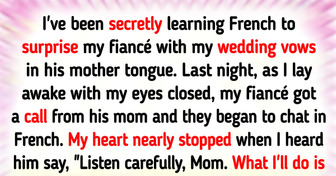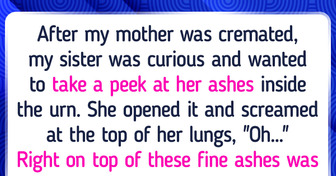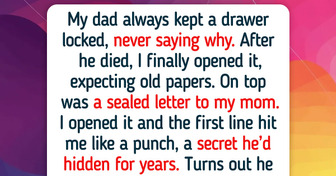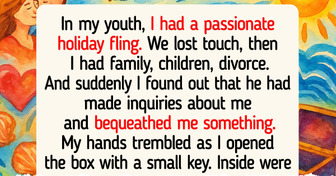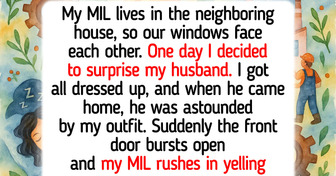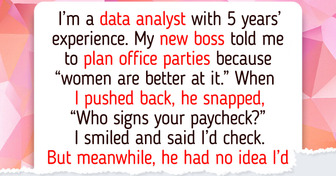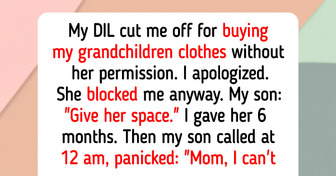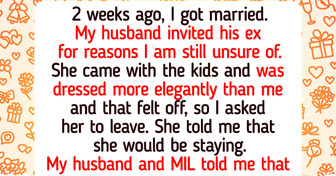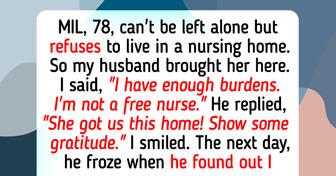I Tracked My Daughter’s Phone and Discovered a Disgusting Secret
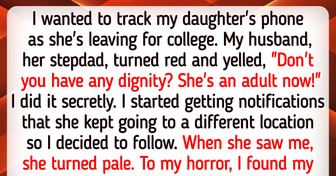
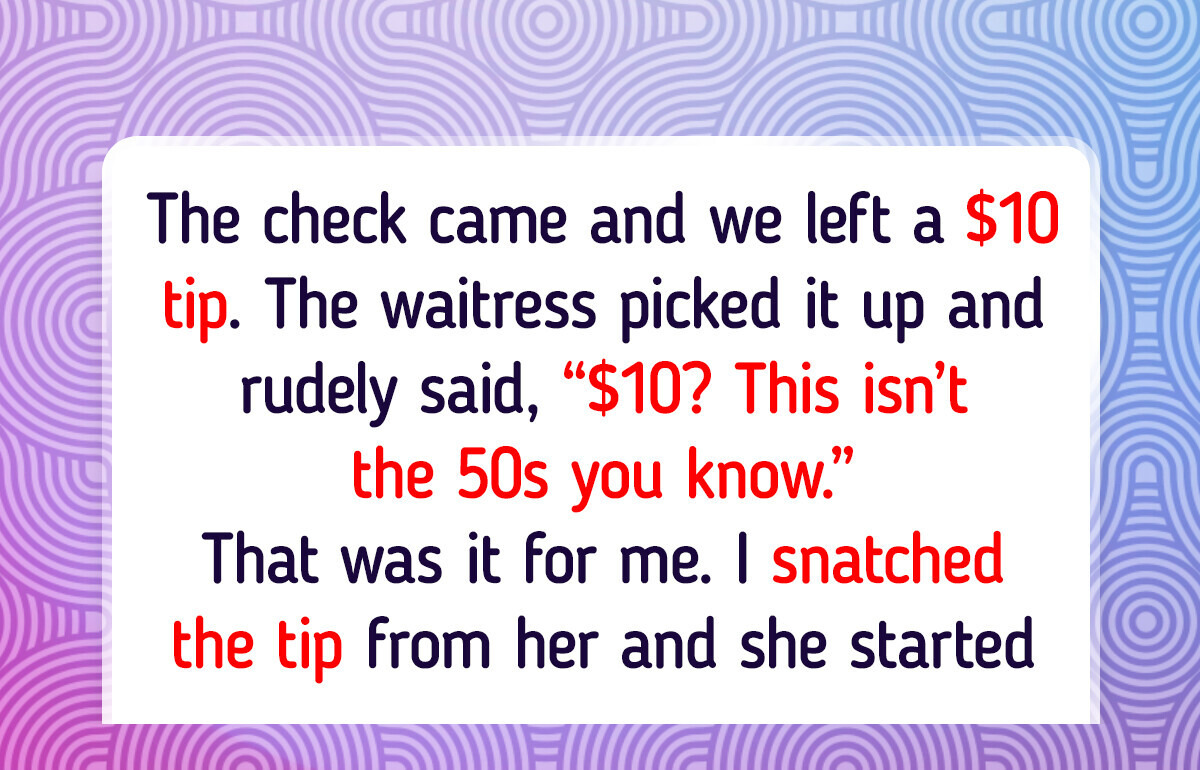
Tipping has become a widely controversial topic. Some think you must tip, while others only tip based on their experience. Well, in Janet’s case, her tipping experience went a little overboard. But, there’s a lesson to be taught in the end.

I (30F) went out to a nice restaurant with my husband (30M) to celebrate his big promotion. Everything was going well until the very end. The check came and we left a $10 tip. The waitress picked it up and rudely said, “$10? This isn’t the 50s you know.”
That was it for me. I snatched the tip from her and she started giving us a condescending and rude tone. My husband’s eyes widened in disbelief. “Excuse me?” I said, instantly annoyed. “I think 10 bucks on an $85 bill is more than fair.”
The waitress rolled her eyes dramatically. “It’s a standard 20% tip these days, cheapskate. Do you not know how to calculate that?” I couldn’t believe her snotty attitude. That $10 was over 11% which is a decent tip by any measure. Her entitlement was unbelievable.
“You know what,” I snapped, losing my cool. “With that kind of nasty attitude, you don’t deserve a tip at all!” I swiftly reached over and snatched the $10 bill back off the table. The waitress’s mouth fell open, and she started loudly berating me with insults, calling me names and causing a whole scene. Other diners turned to look. My husband was embarrassed.
Finally, the manager had to come over and forcibly remove the unhinged waitress, who was still yelling at me. We ended up leaving without tipping.
I’ll admit that I probably overreacted, but her rude behavior absolutely infuriated me. After treating a customer so disrespectfully, she didn’t deserve anything extra. But, people are saying I should’ve dealt with it more calmly. What do you think?

Janet, your letter has opened up a lot of topics worth addressing. We want to talk about empathy and respect in communication as well as maintaining composure and understanding.
These points are very important when trying to diffuse any situation before it spirals out of control. Plus, they can go a long way in creating more positive experiences, regardless of the context.

It’s not a good idea to point fingers about who’s in the wrong. Instead, we should look at it from all perspectives. For instance, Janet is right to expect a certain level of professionalism and courtesy from the waitress.
But, we also should acknowledge the challenges and pressures she may often face, which can sometimes lead to momentary lapses in judgment or patience. Long hours, demanding customers, and the stress of relying on tips for income can take a toll.
Despite that, this does not excuse unprofessional behavior she has shown Janet.

In an ideal scenario, the waitress should have addressed her concerns about the tip amount in a more tactful and respectful manner. However, meeting rudeness with further escalation rarely leads to a constructive resolution.
Effective communication and emotional intelligence are key to resolving conflicts efficiently, allowing both parties to express their perspectives without resorting to insults or aggression. By practicing active listening, remaining calm, and seeking common ground, even heated disagreements can often be resolved amicably.

In retrospect, it might have been more productive to calmly address the issue with the manager or supervisor, rather than making a scene. That could have avoided the escalation that ultimately tarnished the evening.
De-escalation techniques, such as taking a step back, speaking calmly, and seeking mediation, can often prevent minor disagreements from spiraling into more serious conflicts.

While the waitress’s behavior was inexcusable, it is worth considering that we all have moments of weakness or stress that can lead to regrettable actions. Perhaps she was having a particularly difficult day or dealing with personal challenges that clouded her judgment. This does not excuse her attitude. However, it serves as a reminder that a little empathy can go a long way in diffusing tense situations.
By attempting to understand the potential root causes of someone’s actions, we may be better equipped to respond with compassion rather than escalating the conflict. Empathy is a two-way street, and extending it to others, even in challenging circumstances, can often lead to more positive outcomes.

Janet, while the situation was undoubtedly frustrating, it presents an opportunity for personal growth and reflection. Recognizing that we all have moments of imperfection can help foster a more compassionate and understanding society. Moving forward, remember that respect and empathy should be your guiding principles in all interactions, especially in tough situations.
By embracing these values, we can create a more harmonious and positive environment for ourselves and those around us, and potentially avoid similar unpleasant situations in the future. Ultimately, a little kindness can go a long way.

Janet’s story taught us that we should navigate conflicts with grace, composure, and a willingness to see others’ perspectives. That way, you can more easily diffuse tense situations and also foster greater understanding and harmony in your interactions. For a related story, check out how people are reacting to servers’ hourly pay and the opinion that “tipping culture is out of control.”

